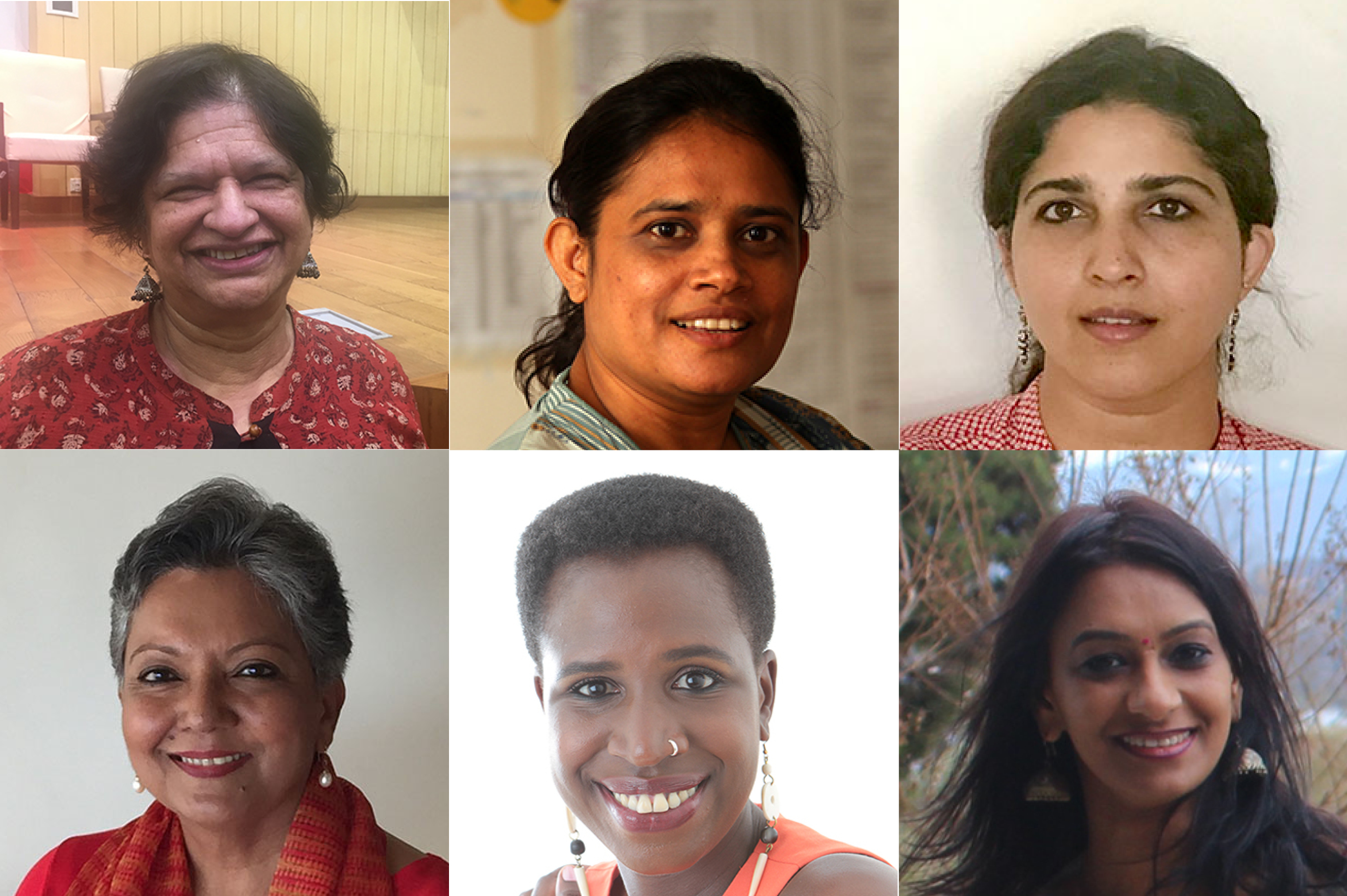Gender-based discrimination is endemic to society and found in every country; no company is immune to the risks. From the C-Suite to the shopfloor, women are often underpaid, often denied positions of power, and often unable to influence meaningfully how the organisation operates. Junior female executives' careers are often stalled by the glass ceiling; women are usually outnumbered in boardrooms, if present at all. At the floor of factories, where they may form an overwhelming majority, women can be subject to bullying, harassment, and sometimes sexual violence. These vulnerabilities can multiply when they involve intersecting forms of discrimination - such as when the women are from ethnic, linguistic, or religious minorities, have disabilities, or are in same-sex relationships for example.
In this podcast mini-series dedicated to the theme of business, equality, and non-discrimination, IHRB's Salil Tripathi talks about these dynamics with six experts to mark International Women's Day on 8 March 2018 and International Day for the Elimination of Racial Discrimination on 21 March 2018.
- Srilatha Batliwala speaks of the need to change the deep culture of an organisation;
- Nazma Akter reminds us of the importance of listening to women on the shopfloor;
- Harpreet Kaur speaks of the need for gender impact assessments;
- Sanyu Awori points out the difficulties faced by women of colour and the inability of corporations to apply standards across countries;
- Laya Vasudevan highlights the issues faced by the transgender community; and
- Virginia Bras Gomes notes the complexities of extraterritoriality and the role of the UN and its monitoring mechanisms in achieving gender parity.





























How should businesses respond to an age of conflict and uncertainty?
As 2024 began, European Commission President Ursula von der Leyen aptly summed up our deeply worrying collective moment. As she put it, speaking at the annual World Economic Forum in Switzerland, we are moving through “an era of conflict and...
26 March 2024 | Commentary
Commentary by Scott Jerbi, Senior Advisor, Policy & Outreach, IHRB